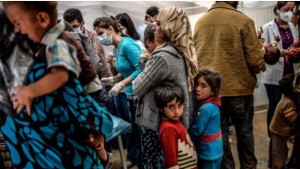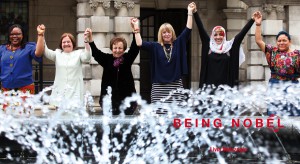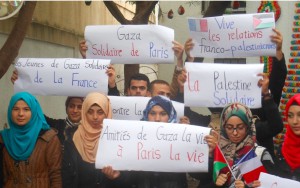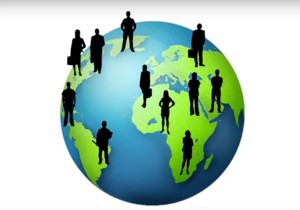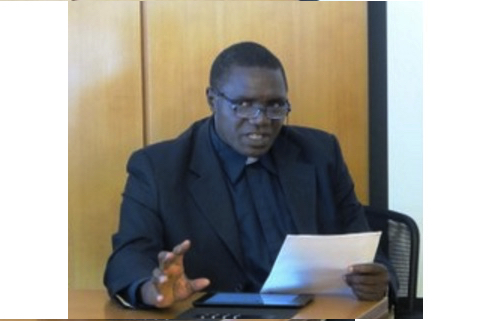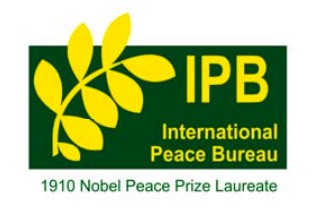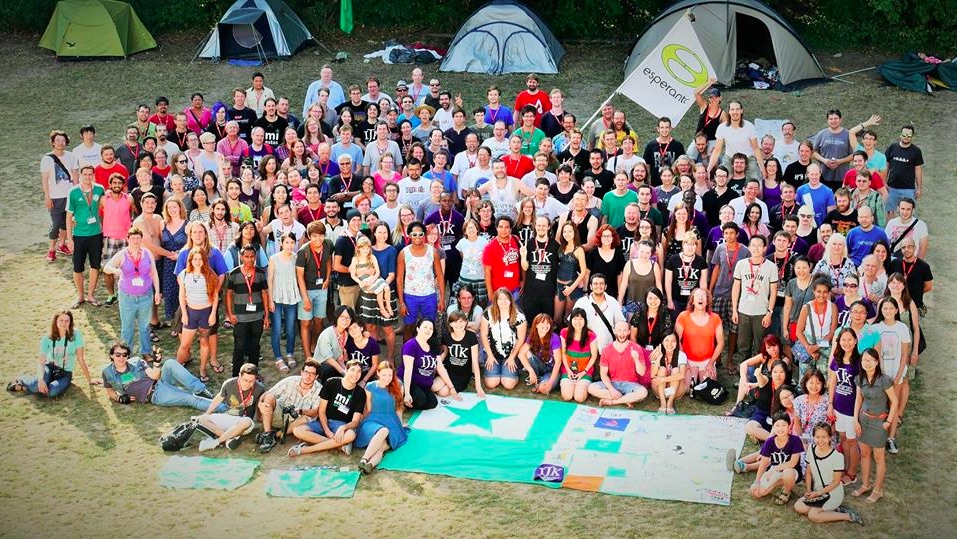TOLERANCE AND SOLIDARITY .
Information from the The International Cities of Refuge Network
ICORN [The International Cities of Refuge Network] is an international membership organisation for cities and regions dedicated to freedom of expression. Each ICORN member is a city of refuge and provides temporary shelter through residencies for persecuted writers and artists. The residency is typically for two years.
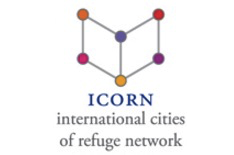
These cities of refuge are the cornerstones of ICORN and share a common mission: to advance freedom of expression and make a practical contribution to the threats and persecution that writers and artists face in their home countries and beyond.
More than 50 cities have committed to the ICORN charter. The list is continually growing and will soon extend into Africa, Asia, Oceania and the Americas. Our members include Frankfurt, Paris, Brussels, Mexico City, Krakow, Norwich, Växjö and Bergen.
Any city willing to signify a commitment to freedom of expression and the membership agreement can become a member of ICORN. To be able to offer more residencies to the growing number of writers and artists who apply, the network needs more members. See Cities’ guide to ICORN membership.
PEN International’s Writers in Prison Committee annually monitors between 8-900 cases of writers and artists who are persecuted as a direct consequence of their work. Many still need a safe place. Through ICORN, your city could enable these writers and artists to continue their work and keep up the fight for freedom of expression, so vital to the health of a free society.
This commitment by ICORN cities and regions is both very concrete and deeply symbolic: one agent for change (a writer or artist) escapes from imminent threats and persecution; your city offers sanctuary; and the values of hospitality, solidarity and freedom of expression become further enshrined within the ethos of your city.
(article continued on the right side of the page)
The refugee crisis, Who is responsible?
Readers’ comments are invited on this question and article. See below for comments box.
(article continued from the left side of the page)
By joining us, your city becomes part of a dynamic and global network of solidarity, creativity and mutual interaction. ICORN brings together cities and writers and artists in the network and hosts an annual gathering of all parties in one of the member cities. A wonderful assembly of writers/artists, city representatives, partners and human rights organisations from all over the world meet to assess and scrutinize the situation for freedom of expression and to explore new and imaginative ways of confronting repressive regimes and authorities where basic human rights are under attack.
ICORN writers and artists represent a rich resource for the entire network of cities. They bring new impulses to the cultural life of each city; they contribute to enhancing knowledge about different cultures in your city and enrich our debate, our insight and our understanding.
A city of refuge protects and promotes the ICORN writers and artists. In signing the membership agreement with ICORN, your city agrees to:
– arrange for the relocation and reception of the writer/artist to the city;
– facilitate a legal status for the writer/artist;
– provide the writer/artist and his/her family with appropriate accommodation;
– provide the writer/artist with an appropriate scholarship/grant for his/her period of stay;
– help the writer/artist to integrate with the local community, both socially and artistically/professionally;
– appoint a City of Refuge coordinator to support the writer/artist in legal, practical and promotional matters throughout the residency.
